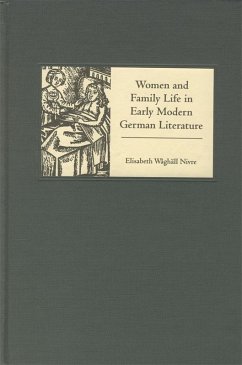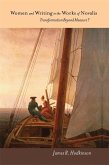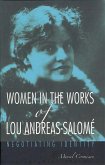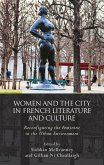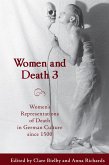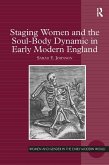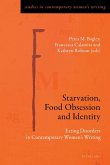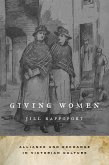A study of the discourse of gender in 16th-century German popular literature.
Writers of sixteenth-century German popular literature took great interest in describing, debating, commenting on, and prescribing gender roles, and discourses of gender can be traced in texts of all kinds from this period. This book focuses on popular works by Georg Wickram, Jakob Frey, Martin Montanus, and Johann Fischart, all of whom published novels, joke books, plays and/or moral treatises on marriage and family life in Strasbourg in the sixteenth century. Their works express not only their own ideas on women's roles as wives and mothers, but also societal values at a time of religious, political, and cultural change. The view of gender issues provided by these writers is nota simple one, as they ascribed widely varying characteristics to "woman" and her relationship to "man." The book thus analyzes the social and cultural construction of the concept of "woman" as indicated not only by the narrators'comments, but also by the relationships and roles of men and women characters in the narratives. Overall, the focus is on the disparities that persisted in the sixteenth-century discourse of gender, confusing all attempts to arrive at definitive gender roles. In the end, the study argues for something that can best be described as a "flowing continuity" or a "continuous flow" in the discourses that form the sixteenth-century concepts of "woman" and "man."
Elisabeth Wåghäll-Nivre is associate professor of German at Växjö University, Sweden.
Writers of sixteenth-century German popular literature took great interest in describing, debating, commenting on, and prescribing gender roles, and discourses of gender can be traced in texts of all kinds from this period. This book focuses on popular works by Georg Wickram, Jakob Frey, Martin Montanus, and Johann Fischart, all of whom published novels, joke books, plays and/or moral treatises on marriage and family life in Strasbourg in the sixteenth century. Their works express not only their own ideas on women's roles as wives and mothers, but also societal values at a time of religious, political, and cultural change. The view of gender issues provided by these writers is nota simple one, as they ascribed widely varying characteristics to "woman" and her relationship to "man." The book thus analyzes the social and cultural construction of the concept of "woman" as indicated not only by the narrators'comments, but also by the relationships and roles of men and women characters in the narratives. Overall, the focus is on the disparities that persisted in the sixteenth-century discourse of gender, confusing all attempts to arrive at definitive gender roles. In the end, the study argues for something that can best be described as a "flowing continuity" or a "continuous flow" in the discourses that form the sixteenth-century concepts of "woman" and "man."
Elisabeth Wåghäll-Nivre is associate professor of German at Växjö University, Sweden.
Dieser Download kann aus rechtlichen Gründen nur mit Rechnungsadresse in A, D ausgeliefert werden.

